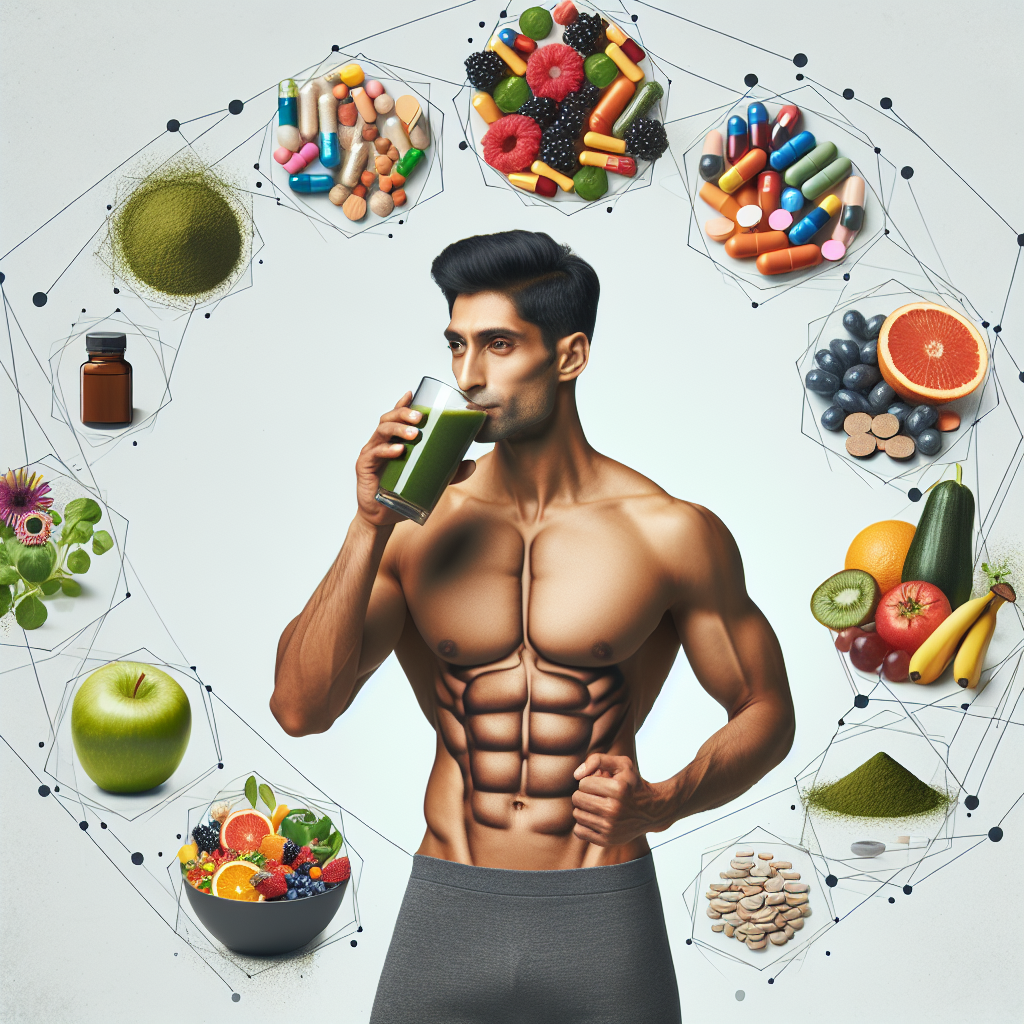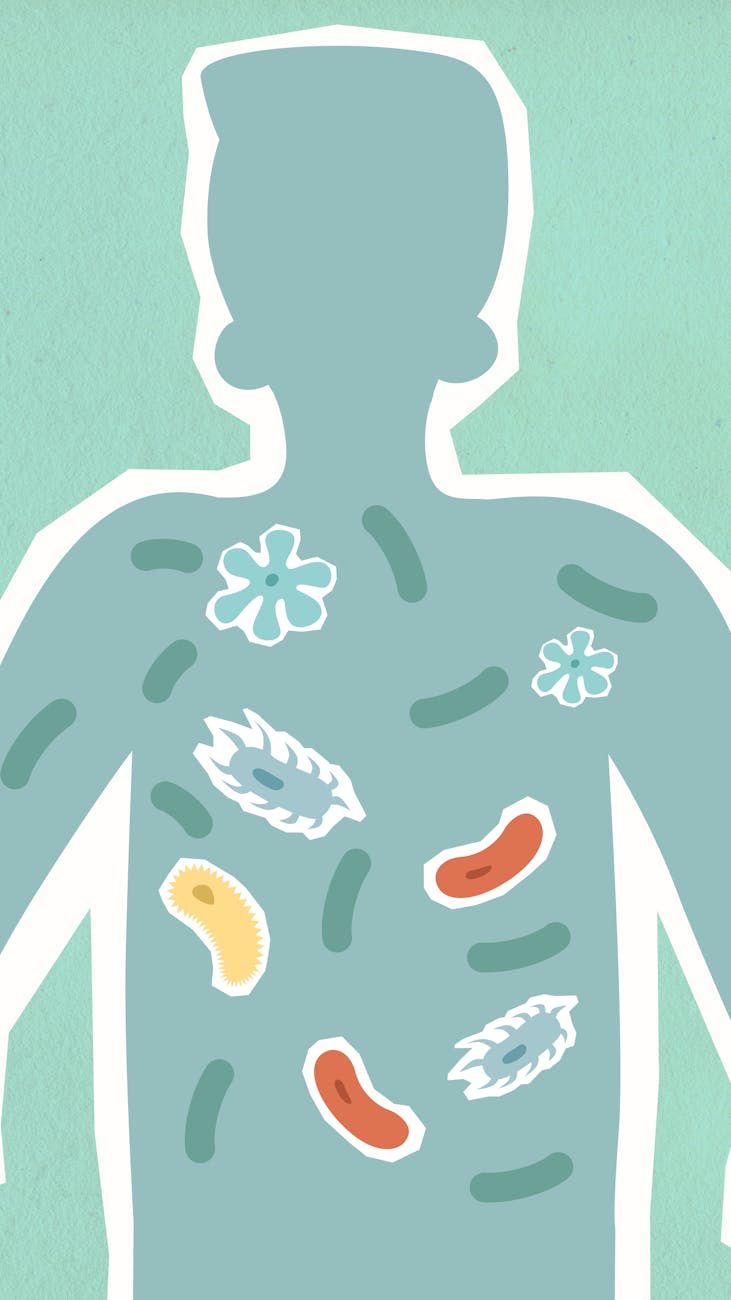Embarking on the journey to parenthood is both exciting and challenging. With countless medical advancements available, many couples are turning to natural methods to enhance their fertility. Optimizing nutritional intake, particularly focusing on vitamins essential for reproductive health, is one of the most effective strategies. This comprehensive guide explores the top vitamins that can significantly boost fertility, detailing how each contributes to reproductive wellness for both men and women.
1. Vitamin D
Vitamin D, often known as the sunshine vitamin, plays a pivotal role in fertility. It is essential for regulating hormones, a fundamental aspect of fertility enhancement for both men and women.
Benefits for Women:
- Supports Ovulation: Vitamin D is crucial for the maturation of ovarian follicles, increasing the likelihood of successful ovulation. This process is vital for conception, as mature follicles are necessary for the release of a healthy egg.
- Hormonal Balance: It helps maintain a balance between estrogen and progesterone levels, which are essential for a regular and healthy reproductive cycle. An imbalance can lead to irregular menstrual cycles and other reproductive issues.
- Enhances Fertility Treatments: Studies suggest that adequate vitamin D levels may improve the success rates of fertility treatments such as in vitro fertilization (IVF). This can be particularly beneficial for women undergoing such procedures.
- Reduces Risk of PCOS: A deficiency in vitamin D has been linked to Polycystic Ovary Syndrome (PCOS), a common cause of infertility in women. Ensuring sufficient vitamin D levels might help mitigate this risk.
Benefits for Men:
- Improves Sperm Quality: Vitamin D is associated with higher sperm motility and better overall sperm quality, both of which are critical for successful fertilization. Healthy sperm motility increases the chances of sperm reaching and fertilizing the egg.
- Enhances Testosterone Levels: Adequate vitamin D levels are linked to higher testosterone levels, which play a vital role in sperm production and male fertility.
- Reduces Inflammation: By reducing inflammation, vitamin D helps improve overall reproductive health, which can positively impact male fertility.
- Supports Immune Function: A robust immune system, supported by vitamin D, can protect against infections that might affect reproductive health.
2. Folic Acid (Vitamin B9)
Folic acid is a cornerstone of prenatal health, often recommended for women trying to conceive. However, its benefits extend to men as well, making it a crucial component of fertility enhancement.
Benefits for Women:
- Prevents Birth Defects: Folic acid is essential in preventing neural tube defects, such as spina bifida, during the early stages of pregnancy. Women are advised to begin supplementation before conception and continue during pregnancy.
- Supports Cell Division: As a vital component of DNA synthesis, folic acid supports cell division and tissue growth, which are crucial during the early stages of fetal development.
- Enhances Egg Quality: Adequate folic acid levels might improve egg quality, thereby increasing the chances of successful fertilization.
- Reduces Risk of Miscarriage: Some studies suggest that folic acid supplementation can reduce the risk of miscarriage, further emphasizing its importance in reproductive health.
Benefits for Men:
- Boosts Sperm Health: Folic acid contributes to improved sperm count and overall sperm health, which are crucial for male fertility. Healthy sperm count and quality are key determinants of successful conception.
- Reduces Sperm DNA Damage: Supplementation with folic acid may reduce sperm DNA fragmentation, enhancing fertility potential.
- Supports Healthy Cell Division: As with women, folic acid supports healthy cell division in men, contributing to the production of healthy sperm.
- Improves Fertility Outcomes: Men with higher folic acid intake have shown improved outcomes in fertility treatments, highlighting its role in reproductive success.
3. Vitamin E
Referred to as the fertility vitamin, Vitamin E is renowned for its powerful antioxidant properties, which protect reproductive cells from oxidative stress.
Benefits for Both Genders:
- Protects Egg and Sperm Cells: By reducing oxidative stress, Vitamin E protects reproductive cells from damage, thus enhancing fertility. Oxidative stress can impair sperm and egg quality, affecting conception chances.
- Enhances Blood Circulation: Vitamin E improves blood circulation to reproductive organs, supporting their optimal function and contributing to overall reproductive health.
- Improves Endometrial Health: For women, Vitamin E may improve the quality of the endometrium, the lining of the uterus, which is critical for implantation and supporting early pregnancy.
- Supports Hormonal Regulation: This vitamin plays a role in regulating hormones, which can help balance reproductive cycles and improve fertility outcomes.
4. Vitamin C
Vitamin C, another potent antioxidant, plays a significant role in improving fertility by protecting reproductive cells from oxidative damage.
Benefits for Men:
- Improves Sperm Quality: Regular intake of Vitamin C has been shown to reduce sperm DNA fragmentation and increase sperm motility, both of which are essential for successful fertilization.
- Enhances Sperm Count: Vitamin C supplementation can lead to an increase in sperm count, further boosting fertility potential.
- Reduces Stress Hormones: By reducing stress hormones, Vitamin C helps maintain a healthier environment for sperm production.
- Prevents Clumping of Sperm: Vitamin C prevents sperm agglutination, where sperm clump together, thus improving their chances of reaching the egg.
Benefits for Both Genders:
- Reduces Oxidative Stress: By neutralizing free radicals, Vitamin C helps protect reproductive cells from damage, thereby enhancing fertility potential.
- Boosts Immune System: A strong immune system, supported by Vitamin C, can prevent infections that might affect reproductive health.
- Enhances Hormonal Balance: Vitamin C supports the production of hormones necessary for reproductive health, contributing to overall fertility.
- Improves Nutrient Absorption: This vitamin aids in the absorption of other essential nutrients, optimizing overall reproductive health.
5. Vitamin B6
Vitamin B6 is particularly important for women, as it plays a critical role in managing hormonal balance and alleviating premenstrual symptoms.
Benefits for Women:
- Regulates Hormonal Balance: Vitamin B6 helps regulate estrogen and progesterone levels, which can stabilize menstrual cycles and improve fertility.
- Reduces PMS Symptoms: By alleviating symptoms associated with premenstrual syndrome (PMS), such as mood swings and bloating, Vitamin B6 enhances overall reproductive health.
- Supports Luteal Phase: Vitamin B6 may improve luteal phase defects, which can affect fertility by ensuring a sufficient phase length for implantation.
- Enhances Mood and Reduces Stress: By supporting neurotransmitter function, Vitamin B6 can improve mood and reduce stress levels, which are beneficial for reproductive health.
6. Coenzyme Q10 (CoQ10)
Coenzyme Q10 is essential for energy production in cells, including reproductive cells, making it vital for both male and female fertility.
Benefits for Women:
- Boosts Egg Quality: CoQ10 enhances mitochondrial function in eggs, which can improve fertility, especially in older women. Better egg quality increases the chances of successful fertilization.
- Supports Ovarian Function: By improving cellular energy production, CoQ10 supports overall ovarian function, enhancing reproductive potential.
- Delays Ovarian Aging: CoQ10 may delay ovarian aging, preserving fertility potential in women of advanced reproductive age.
- Improves IVF Outcomes: Women undergoing IVF may benefit from CoQ10 supplementation, as it can enhance treatment success rates.
Benefits for Men:
- Improves Sperm Motility: CoQ10 is associated with higher sperm motility and overall sperm health, increasing the chances of successful conception.
- Enhances Sperm Count: Supplementation with CoQ10 can lead to an increase in sperm count, further supporting male fertility.
- Reduces Oxidative Stress: As an antioxidant, CoQ10 reduces oxidative stress, protecting sperm from damage and improving fertility potential.
- Supports Energy Production: By enhancing energy production in sperm cells, CoQ10 supports overall sperm vitality and function.
7. Zinc
Zinc is a critical mineral for reproductive health due to its role in hormone production and regulation, essential for both male and female fertility.
Benefits for Women:
- Supports Ovulation: Adequate zinc levels are necessary for proper ovarian function and regular ovulation, which are vital for conception.
- Enhances Hormonal Balance: Zinc plays a role in maintaining hormonal balance, supporting a healthy reproductive cycle.
- Improves Egg Quality: By supporting cellular health, zinc can improve egg quality, increasing fertility potential.
- Boosts Immune Function: Zinc supports immune function, protecting against infections that could affect reproductive health.
Benefits for Men:
- Enhances Testosterone Levels: Zinc is crucial for maintaining healthy testosterone levels, which directly impacts sperm production and quality.
- Improves Sperm Quality: Adequate zinc intake is associated with better sperm motility and morphology, enhancing fertility.
- Supports Prostate Health: Zinc is vital for maintaining prostate health, which is essential for optimal male reproductive function.
- Reduces Oxidative Stress: As an antioxidant, zinc helps reduce oxidative stress, protecting sperm from damage.
8. Selenium
Selenium is an essential trace element that plays a vital role in maintaining a healthy thyroid, which is closely linked to reproductive health.
Benefits for Both Genders:
- Supports Thyroid Health: A healthy thyroid is essential for regulating hormones that affect reproductive organs. Selenium supports thyroid function, promoting hormonal balance.
- Protects Against DNA Damage: Selenium’s antioxidant properties help protect reproductive cells from DNA damage, enhancing fertility potential.
- Improves Immune Function: By supporting immune function, selenium helps prevent infections that might affect reproductive health.
- Enhances Sperm and Egg Quality: Selenium contributes to the overall quality of sperm and eggs, increasing the chances of successful conception.
Conclusion
Boosting fertility naturally is a holistic process that involves a balanced diet rich in essential vitamins and minerals. By incorporating these vitamins into your daily regimen, you can support reproductive health and increase your chances of conception. It’s important to consult with a healthcare professional before making significant changes to your supplement intake, especially when trying to conceive. A tailored approach, considering individual health needs, can optimize fertility outcomes and support your journey to parenthood.
Discover more from NatureZen Market
Subscribe to get the latest posts sent to your email.












This article is really informative about how important vitamins are for boosting fertility. I didn’t knew that Vitamin D is so crucial for both men and women. It’s also great to learn that folic acid helps in reducing miscarriage risks. Definitely, I will share this with my friends who are planning to conceive!